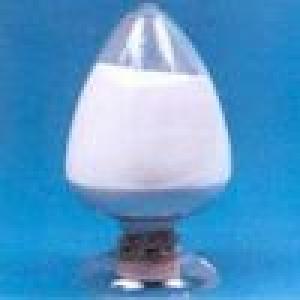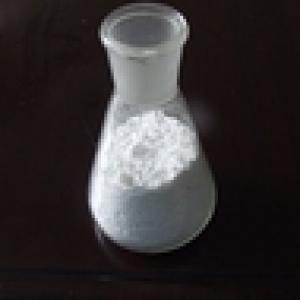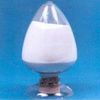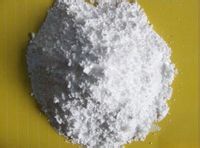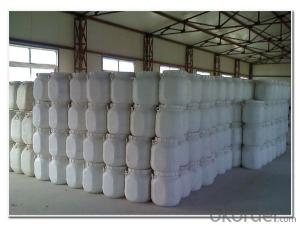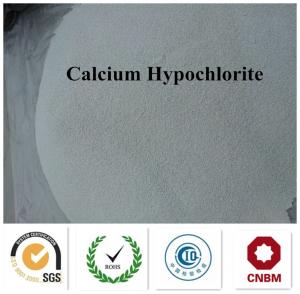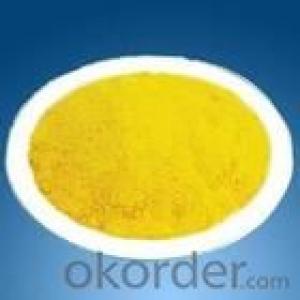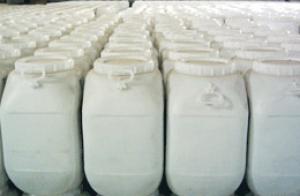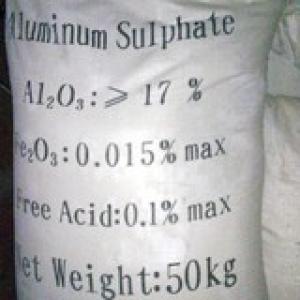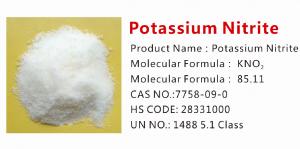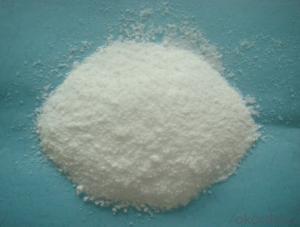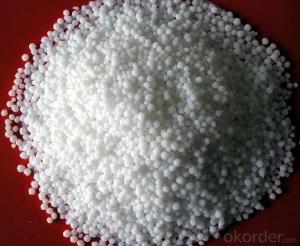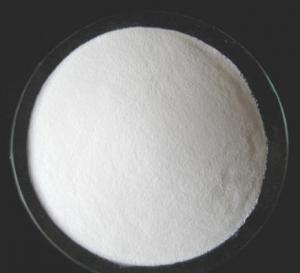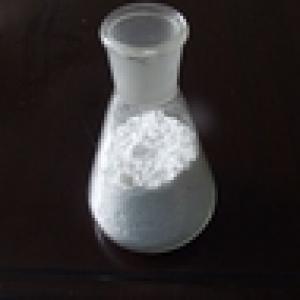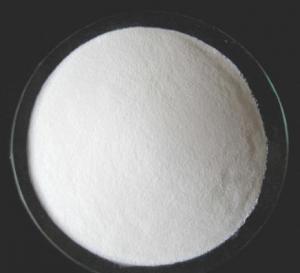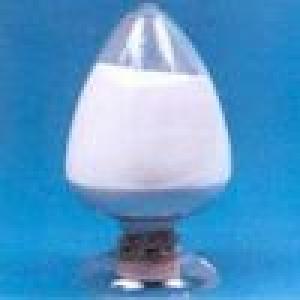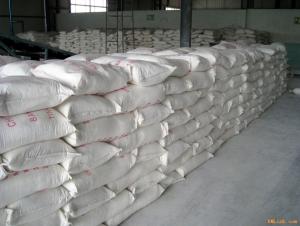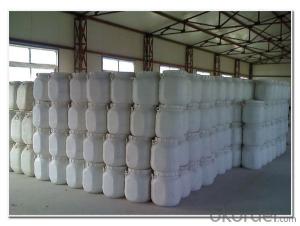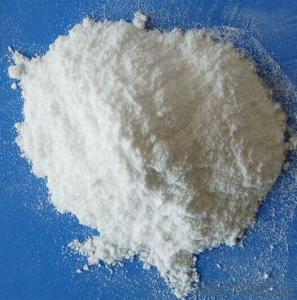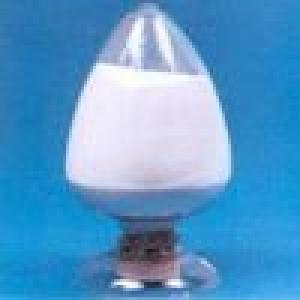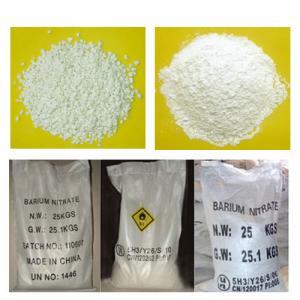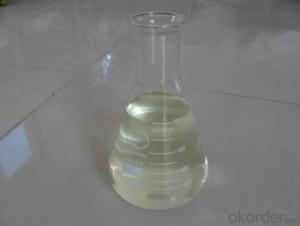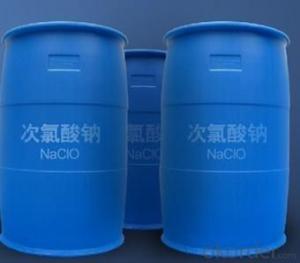Qualified Zinc Borate
- Loading Port:
- Tianjin Port
- Payment Terms:
- TT or LC
- Min Order Qty:
- 20MT m.t.
- Supply Capability:
- 120000MT m.t./month
OKorder Service Pledge
OKorder Financial Service
You Might Also Like
Introduction of Qualified Zinc Borate:
The Qualified Zinc Borate is inorganic addition flame retardant. Its characteristics are that it has good hot stability, and not only stops buring and vanishes smokings but also be used with other inorganic flame retardant. It is used in epoxy resin, unsaturated polyester, polyurethane, etc. And it is widely used in rubber, plastic, cable, wood,etc.
Specifications of Qualified Zinc Borate:
Item/Grade | Zinc borate ( 2ZnO.3B2O3 3.5H2O) | |
Excellent grade | First grade | |
Whiteness | 99 | 95 |
Surface water%≤ | 0.5 | 1.0 |
Particle size, um | 3-5 | 3-5 |
ZnO, % | 37.0-40.0 | |
B2O3 , % | 45.0-48.0 | |
Loss on ignition,% | 13.5-15.5 | |
Fineness (Residue on 45um sieve ), % ≤ | 0.1 | |
Specific gravity, g/cm3 | 2.67 | |
Melting pointoC; | 980 | |
Temp. of dehydrationoC> | 320 | |
Refractive index | 1.58 | |
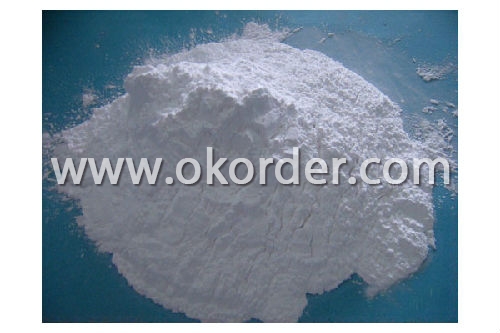
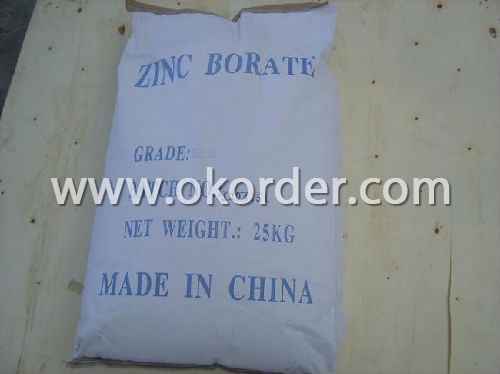
- Q: CuMnFeNior ZnAlso metal calcium reacts with molecular hydrogen to form a compound. Which statement concerning this compound is not true?It's formula is CaH2it is ionicsolid at room tempwhen added to water, reacts to produce h2 gaswhen added to water, forms acidic solutionMy guess was going to be that it is not ionic, but i'm not 100% positive.Can anyone help me with these chemistry questions? Or atleast point me to some webpage that might help. Please and thank you.
- Only Zn compounds form colorless or white salts. The second question would be the last answer, which is false. It forms an alkaline solution when added to water.
- Q: Are plants absorbing water and inorganic salts only through root tip or wrong? The
- This is wrong.
- Q: Why can quaternary ammonium salts catalyze the heterogeneous reaction between water-soluble inorganic salts and organic compounds
- Quaternary ammonium salts have the characteristics of surfactants, with the water phase of the nucleophile in the composition of the ion pair, into the organic phase, thereby promoting the heterogeneous reaction faster 6224
- Q: Why is the residue after burning known as coarse ash? And inorganic salt content What is the difference
- GB / T5009.4-2003 "Determination of ash in food" (a) the principle of a certain amount of samples after carbonization into the high temperature furnace burning, the organic matter is oxidized decomposition to carbon dioxide, nitrogen oxides and Water and other forms of escape, and inorganic substances to sulfate, phosphate, carbonate, chloride and other inorganic salts and metal oxide in the form of residual
- Q: Milk food rich in nutrition, in addition to containing a variety of inorganic salts which also contain three types of organic energy can be organic
- Fat Glucose Protein
- Q: Cells in the water, inorganic salts, protein, lipid, carbohydrate and nucleic acid six words how wrong this sentence
- Wrong in the compound
- Q: Why does inorganic salts affect chemical degradation of organic wastewater
- Industrial organic waste water is highly toxic and stable pollutants, for such waste water is difficult to use conventional physical, chemical and biological methods. This paper summarizes the main processing technologies of biodegradable organic wastewater at home and abroad, including biological treatment, chemical treatment and physical treatment and various joint treatment processes. The methods or processes of various methods or processes are described.
- Q: what is the function of salts in DNA extraction?
- DNA can be purified for DNA sequencing or for restriction digestion by precipitation in an alcohol/water mixture in the presence of a high concentration of inorganic salt. DNA is recovered from the aqueous solution by addition of salt to final concentrations of 0.8M LiCl, 0.3-0.5M NaCl, NaOAc, or 2.5M NH4Ac and an appropriate volume of alcohol (30%-50% final percentage isopropanol; 60%-80% final percentage ethanol), storage for a brief period of time at -20°C or -70°C, followed by centrifugation. Subsequent desalting of the DNA pellet involves rinsing in 70% alcohol, recentrifugation and re-suspension in appropriate buffer.
- Q: What are the effects of water, inorganic salts, carbohydrates, proteins, fats and vitamins?
- The main physiological functions of minerals: 1. constitute the body of the material. (Such as calcium, phosphorus, magnesium is a bone, an important component of the teeth.) 2. Regulate the physiological function. (Minerals are often enzymes activators.) 3. Participate in the regulation of body fluid balance and maintain the body's acid-base balance.
- Q: Would the amount of saltwater drops a penny surface could hold without spilling increase, or decrease, as the salt concentration increases? Also, maybe an explanation behind why it increases/decreases?Thank you!
- The source below says inorganic salts increase surface tension. In the present case increasing the concentration of salt (and so increasing the surface tension) would result in an increase in the number of drops being held on the surface of the penny.
1. Manufacturer Overview
| Location | Guangxi, China |
| Year Established | 2005 |
| Annual Output Value | Above US$ 7 Million |
| Main Markets | 20.00% North America 20.00% South America 10.00% Eastern Europe 10.00% Southeast Asia 10.00% Northern Europe 10.00% South Asia 10.00% Western Europe 5.00% Africa 5.00% Mid East |
| Company Certifications | ISO 9001:2008;FAMI-QS |
2. Manufacturer Certificates
| a) Certification Name | |
| Range | |
| Reference | |
| Validity Period |
3. Manufacturer Capability
| a) Trade Capacity | |
| Nearest Port | Guangzhou Port, Fangcheng Port |
| Export Percentage | 91% - 100% |
| No.of Employees in Trade Department | 6-10 People |
| Language Spoken: | English; Chinese |
| b) Factory Information | |
| Factory Size: | Above 100,000 square meters |
| No. of Production Lines | Above 10 |
| Contract Manufacturing | Design Service Offered; Buyer Label Offered |
| Product Price Range | High; Average |
Send your message to us
Qualified Zinc Borate
- Loading Port:
- Tianjin Port
- Payment Terms:
- TT or LC
- Min Order Qty:
- 20MT m.t.
- Supply Capability:
- 120000MT m.t./month
OKorder Service Pledge
OKorder Financial Service
Similar products
Hot products
Hot Searches
Related keywords
